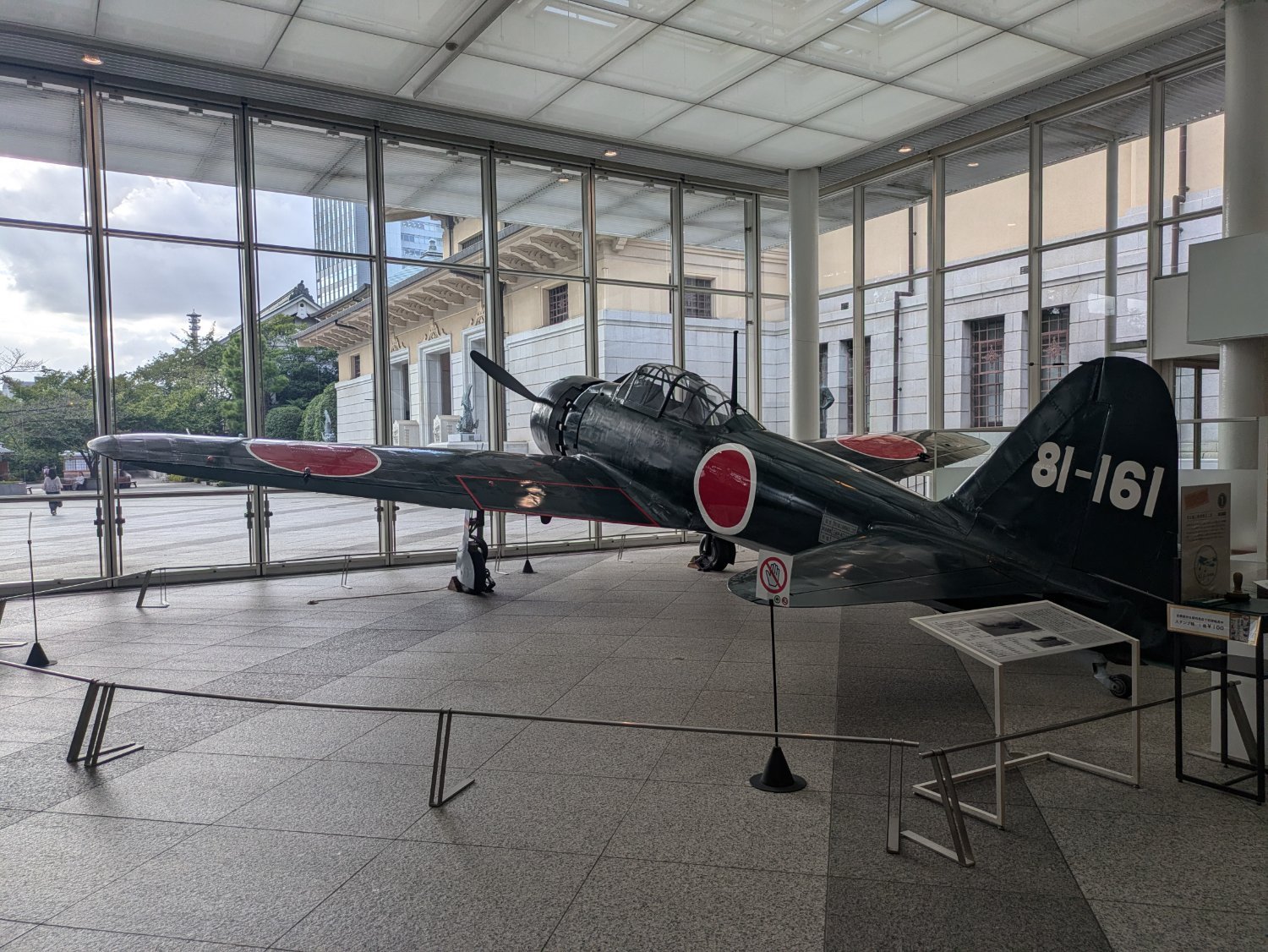this post was submitted on 06 Oct 2024
85 points (95.7% liked)
HistoryPorn
4870 readers
249 users here now
If you would like to become a mod in this community, kindly PM the mod.
Relive the Past in Jaw-Dropping Detail!
HistoryPorn is for photographs (or, if it can be found, film) of the past, recent or distant! Give us a little snapshot of history!
Rules
- Be respectful and inclusive.
- No harassment, hate speech, or trolling.
- Engage in constructive discussions.
- Share relevant content.
- Follow guidelines and moderators' instructions.
- Use appropriate language and tone.
- Report violations.
- Foster a continuous learning environment.
- No genocide or atrocity denialism.
Pictures of old artifacts and museum pieces should go to History Artifacts
Illustrations and paintings should go to History Drawings
Related Communities:
founded 1 year ago
MODERATORS
you are viewing a single comment's thread
view the rest of the comments
view the rest of the comments

I had a similar kind of eye-opening experience on my first trip to Japan, back in high school. We went to a museum in Hiroshima about… you know… Hiroshima.
The exhibits about the bomb and the aftermath were quite harrowing, if I’m honest. But there were also a couple rooms dedicated to the “greater east-Asian co-prosperity sphere”.
One panel in particular stuck in my mind: it discussed, in two or three paragraphs, how the Imperial Japanese Army went to Nanking, “uplifted” the population, faced many trials and tribulations, and eventually went home.
Colloquially, most of the rest of the world knows this campaign as the Rape of Nanking. Think Bucha, but instead of a village/small town, it’s the capital of a whole damn province (Jiangsu), with a population of about a million. About a third - yes, that’s right, roughly 300,000 - ended up enduring some combination of rape, torture, and/or murder. But the exhibit more or less portrayed that as “we went to Nanking, got a bit drunk, don’t remember much”.
That exhibit one of the main reasons I find the Japanese cultural tendency to sweep things under the rug in the interest of honoring one’s ancestors to be so incredibly caustic.
Yeah, the panel that stuck with me most was that the US had been escalating sanctions against Japan for their 3 decade long occupation of Manchuria and invasion of Indochina. Admittedly, there were certainly valid complaints against Western imperialism and racism, but the panel said
which is a bizarre way to justify Pearl Harbor.